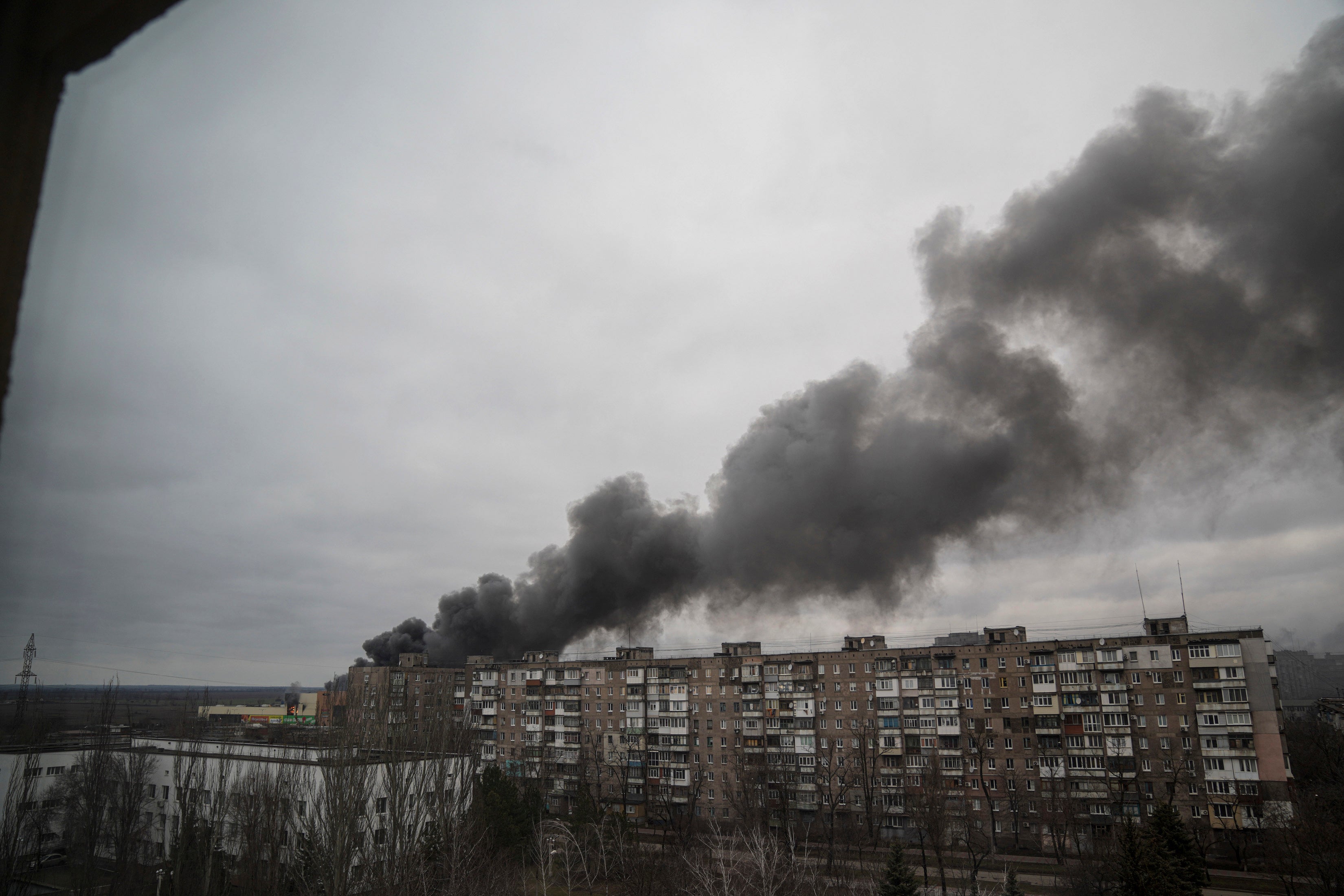Putin has ‘messianic obsession’ with Russian greatness, former Nato chief says
Lord Robertson warns West against ‘provoking’ Russian president into more ‘reckless violence’

The West should avoid “provoking” Vladimir Putin into “even more reckless violence” in Ukraine, a former Nato secretary general has said as he warned the Russian president has developed a “messianic obsession” with his country’s greatness due to periods of isolation during the Covid pandemic.
Lord Robertson of Port Ellen, who led the North Atlantic military alliance from 1999 to 2003, said that “words matter” when it comes to a “thin-skinned” Putin, who he said had developed a “dangerous mindset” over the past two years and could escalate his attacks in Ukraine in response to hostile rhetoric from western countries.
The Labour peer, who has met Putin on several occasions, made the comments in a lecture on the future of European security.
Lord Robertson is among a number of security experts to warn western countries against using inflammatory language towards Putin, saying it could result in him increasing the intensity if violence in Ukraine.
“Words matter and they are magnified and distorted and the reaction to loose language from Western countries can lead to an ‘I’ll show them’ response,” Lord Robertson said in his lecture to Oxford University earlier this week, The Times reported. “The man in the Kremlin has a remarkably thin skin and we should avoid provoking him into even more reckless violence against the Ukrainians”.

He added: “I have seen him in the meetings I had, in what were good times, display an emotional side which surfaced from the cool, controlled approach he took to most matters.”
There has been constant speculation about Putin’s health and state of mind ever since he gave the order for his troops to invade Ukraine in February. He often sits at long, oversized tables when meeting with foreign leaders and even some of his own officials, apparently paranoid about catching Covid.
Throughout the pandemic he is said to have isolated himself from advisers and some analysts have suggested that long periods of being locked away from the outside world have left the former KGB agent increasingly paranoid. It has also been claimed that he is suffering from cancer.
“Today, closeted away from the virus and from the real world, that emotionalism has been boiled up with a partial view of history and a messianic obsession with Russian greatness. It has produced a dangerous mindset”, Lord Roberston added.



Join our commenting forum
Join thought-provoking conversations, follow other Independent readers and see their replies
Comments